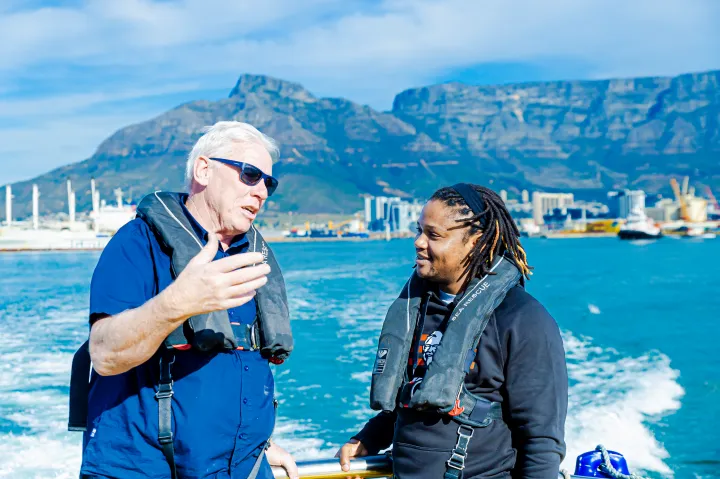I used to think that women dressed up for the sole purpose of impressing guys. I discussed this at length with old friends. How strange it was that black women would wear weaves even though I had never met a man who actually likes weaves. How weird it was that women put on make-up even though guys mostly never even notice. Just be yourself, I would advise. It obviously seems silly in retrospect. I wouldn’t say that now.
It’s easy to get upset and despondent at how limited our vocabulary is becoming and how much we’re all forced to curate our public lives, not just for the sake of our personal brands but simply just to keep our jobs. Telling a “fat” joke is not as funny as it was in 1998, or even 2008, if it ever was actually funny. Putting that joke online may have some serious consequences, and that is a good thing – if we view political correctness not as a way to erode our freedom, but as a boundary to prevent us from trespassing on the freedom and dignity of others.
We know how dangerous it is when someone who isn’t very mindful speaks their mind. We live in the era of President Donald Trump. We witnessed King Goodwill Zwelithini set the stage for xenophobic violence in 2016. We listened with a mix of amusement and horror as an ANC minister advised that they all have their “smallanyana” skeletons and the Western Cape Premier’s lovely tweets still continue to populate our timelines.
Have you ever been involved in a conversation that belonged in the past? One of those ignorant kitchen/ bar/ after-hours boardroom, “these people who are different are stupid” type of conversations. Did you feel smug for instigating it? Did you feel awkward at being involved? Were you outraged at witnessing it?
I have felt awkward at being involved, often outraged at being a witness. If you identify as being “woke”, conscious, or having any semblance of cultural awareness, you will probably be more familiar with the latter. It would be a lie to suggest that you have no prejudice, whether it’s judging a person who doesn’t wash their hands in the toilet, which in truth speaks more to their lack of home training than anything else, or if the only way that you were taught to talk to black people is to be condescending.
With a name that doesn’t roll easily off the English tongue, in the largely untransformed advertising industry, I’ve become so used to being the only black person in a room that I’ve stopped noticing. Which is to say that I’m familiar with the feeling of being foreign in the country of my birth. This has brought with it an awareness of inequality in many of the spaces that I’ve been privileged enough to occupy. From casual sexism to poverty shaming. It’s helped me to unlearn, among other things, the idea that my “suffering” is the only of its kind and that I’m completely innocent in the world. It’s helped me to be more thoughtful in the words that I choose even in my private conversations – if such a thing still actually exists.
In 2017, it can only be good that we shame those who light frivolous fires at the expense of others’ houses. It shouldn’t be acceptable in civilised company that anyone can loosely throw offence at whole groups of people. Any grown-up can tell you that violence neither begins nor ends with a fist. The fact that it doesn’t hurt you doesn’t mean that it doesn’t hurt. Not only should we do better but we hardly have a choice in the matter.
Many oppressed groups have reached a stage of protest where they no longer have the patience to keep explaining their position and why they too deserve dignity. It makes for a volatile country, but it forces us to be better. Our conversations have become better and I believe that our thinking will in turn get better. And who knows, perhaps one of these days, women won’t have to apologise for discussing in public the fact that they menstruate, and men won’t feel awkward at having just read that. DM
Ntobeko Ximba is a creative group head at M&C Saatchi Abel. He grew up in Inanda, Durban, where he played a lot of soccer, wrote poems, sang hymns and aced a lot of tests. As the head prefect of his high school, he disappointed many mentors by going into advertising, so he has since been trying to make up for it by becoming the best art director in the world. Ntobeko is passionate about art, music and creating beautiful, ?meaningful work. His opinions are his own.

















